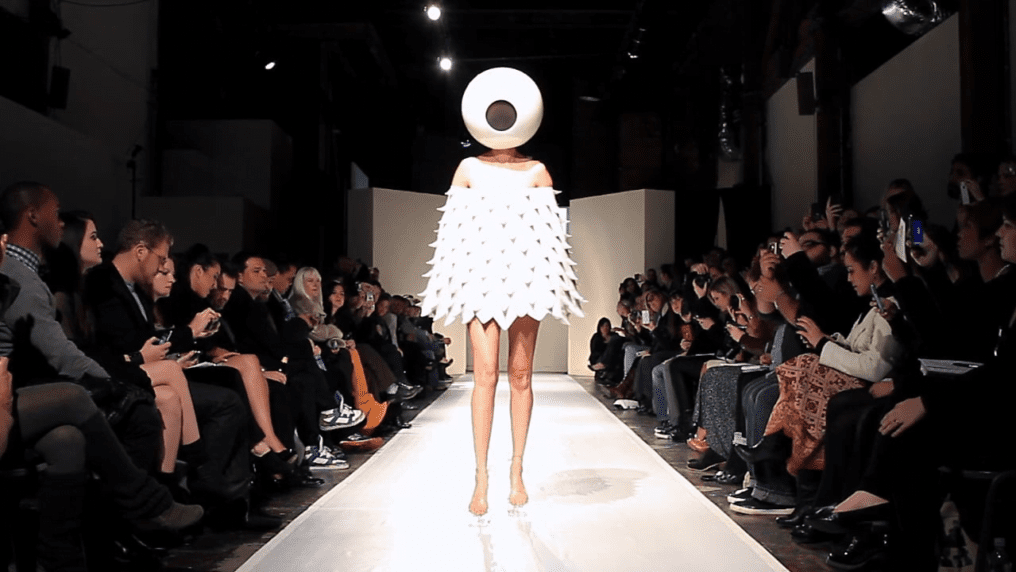
It is without a doubt that generation of millennials, highly coveted by marketers, is the main driving force behind the go-green revolution in the fashion industry.
Due to the significant shift, the majority of companies need to adapt the values of transparency, authenticity, and sustainability to stay relevant in the market and sustain engagements with the next generation of buyers.
However, when it comes to men’s and women’s clothing, consumers from different demographics have yet to demand transparency and sustainability on a large scale. Why? The answer lies in the conscious fashion movement which faces more difficult challenges compared to the organic food movement. The problem includes an extreme insufficiency in information about the chains in apparel supply.
Even though the sweatshop outrage way back 90s did not prosper into real change, the conscious fashion movement today is starting to level the playing field through the help of millennials.
So, take heed and read about the tactics below which inspires the consumers, particularly millennials, to reshape the fashion industry’s standards when it comes to sustainable and ethical fashion.
Social Influences and ‘Prius Effect
Most often than not, sustainable clothing comes with an expensive price tag. Fortunately, ethical clothing companies start to become more efficient at combining smart branding with sustainable values. Placing sustainability at the core of brand’s marketing makes it easier for conscious customers to express their values through the clothes that they wear outwardly.
One way of building the brand’s sustainability is through social influence. The rationale behind this concept is that people are constantly watching other people who become the biggest predictor of purchases.
According to Dara O’Rourke, founder of GoodGuide, fashion by nature is a form of conspicuous consumption. Consumption of this kind is comparable to the “Prius Effect,” an event that happens when you’re driving a Prius. When people see you driving a Prius, they recognize you as someone who cares about environmental issues.
The same principle applies when people see you wear a Patagonia jacket, the choice of your clothing similarly creates a potential for status and signals for the social influence effect.
Generate Positive Emotions and Ditch the Guilt

According to a recent psychological study, shaming consumers for buying unethical clothing doesn’t work. Hence, it only makes them averse to sustainable shopping. And it also leads to consumers going out of their way, only to insult those who do sustainable shopping.
To aid this consumption crisis, visible movements like Fashion Revolution promotes the importance of empowering consumers, instead of shaming them.
Fashion Revolution began their movement through a call to arm hashtag campaign which aims to encourage the consumers to ask questions about various brands on social media platforms using #WhoMadeMyClothes? The campaign trended worldwide with over 64 million tweets.
Fashion Revolution expertly delves the behaviors of millennials on social media patterns through encouraging them to post selfies, as well as the natural interest in self-expression of fashion demographics. Thus, the movement creates a favorable empowerment to act.
Apply Transparency
While brands may loathe the idea of placing themselves in the crosshairs of an unlikely exposé, they might want to take their cue from the playbook of Nike.
The company faces controversial reports of workers earning as little as 14 cents an hour and child labor. Phil Knight, Nike’s CEO, eventually addressed the issue to the public by admitting the problem and promising to execute transparency and further improvements. Nike ultimately improves its reputation, shed its nasty image and becomes the most favorable brand among millennials.
Practicing radical transparency gives the brand a leverage to establish trust with millennial consumers and convert them into partners in monopolizing awareness for sustainable and ethical fashion.
Takeaway
It’s important for brands to take into consideration that while consumers draw the bottom line, without the right information, they can’t vote with their wallet. The major challenge for the conscious fashion movement is still the lack of transparency and support from different sectors. As a member of the millennial generation, you can render your help by supporting various campaigns that aim to promote sustainable clothing that will stand the test of time.
Read More :




























